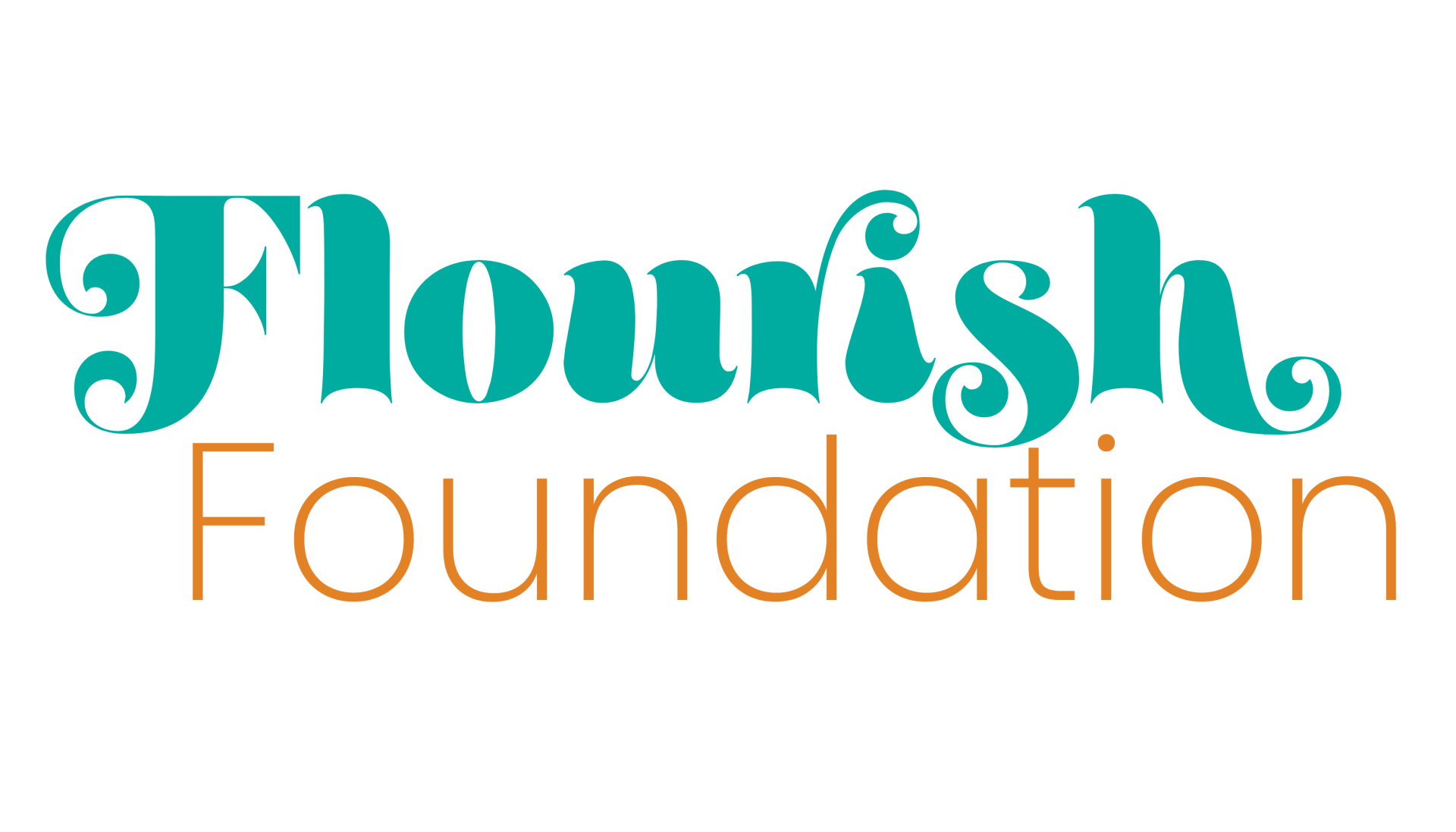
As much as we celebrate fostering and adoption, sharing stories of love winning over adversity, children finding a stable, supportive home and tales of parents who find purpose… this isn’t always everyone’s story. For many foster and adoptive parents, supporting traumatised young children can feel isolating, exhausting, and sometimes even impossible. The focus rests on the child’s healing, meaning the well-being of the parent is too often forgotten. Without support, even the most dedicated parents can burn out.
Behind the smiles in photos and hidden within happy memories, there are often untold moments.
Things like:
• The child’s night terrors that won’t stop.
• The emotional outbursts that leave parents stunned.
• The grief when attachment doesn’t come easily.
Foster and adoptive parents often describe feeling invisible, and the emotional weight can quietly grow until exhaustion and hopelessness take over.
When you’re constantly absorbing your child’s distress, your nervous system begins to mirror theirs. This phenomenon, known as secondary trauma, can lead to anxiety, detachment, or burnout. These things can have a huge impact on your ability to care for your child.
Fi’s research revealed a pattern: foster and adoptive parents often have the belief that their exhaustion is their own failure, rather than a systemic issue.
Many parents describe living in two worlds. On the outside, there’s the version of family life people expect to see. On the inside, there can be exhaustion, guilt and loneliness. When you find yourself reacting in ways you don’t recognise and you feel you should be coping better, even though you’re already doing everything you can.
Fi’s message flips that narrative:
“You’re not failing…you’re carrying too much, without enough care for yourself.”
These feelings are more common than most realise. They come from living alongside trauma and caring so deeply that your own emotions are stretched. It can feel like you’ve lost sight of yourself somewhere along the way.
Finding space to acknowledge those emotions matters. It helps you reconnect with the reasons you started this journey and rebuild your sense of self. You deserve that time, not as a luxury, but as a way of protecting your ability to keep caring.
If any of these feelings resonate with you, Fi Newood will be joining Flourish Foundation for a live webinar, based on research from her book I Can’t Do This: When Foster and Adoptive Parenting Feels Too Hard.
The session will offer a space to explore these experiences honestly, understand the impact on your wellbeing and learn practical ways to look after yourself as you care for others.



